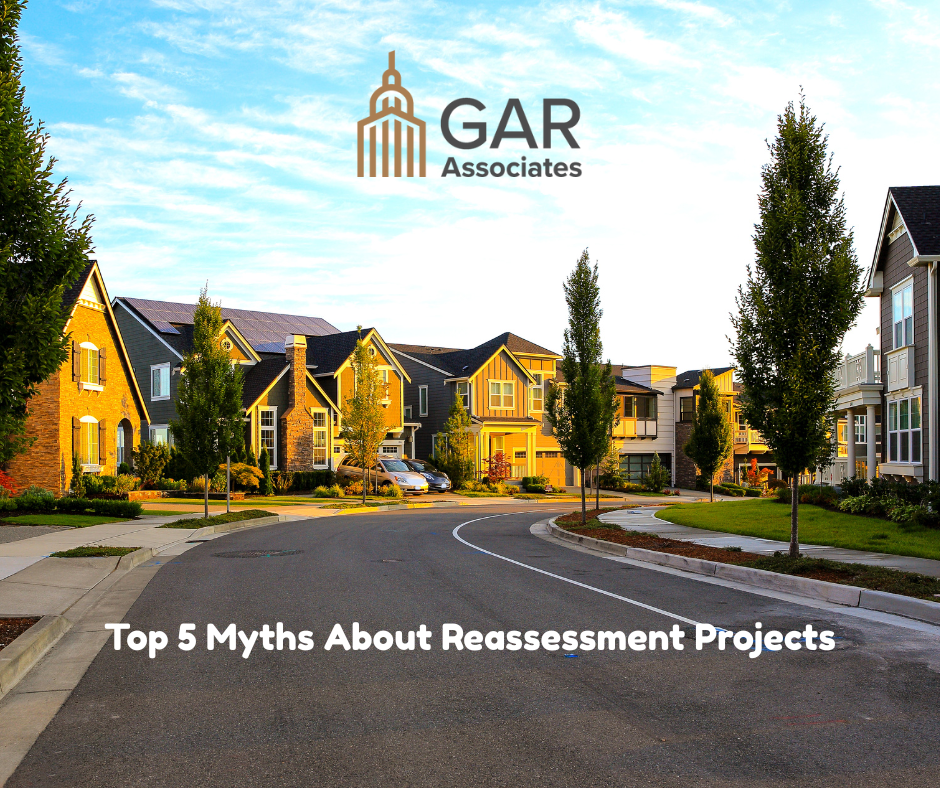By GAR Member Cindy Baire
#1. My taxes will automatically go up after a reassessment project.
No. Reassessments do not raise more taxes for a community. Reassessments redistribute tax levies. Taxing jurisdictions create budgets/levies. The amount each property owner pays is based on their property assessment. Think of the property tax levy as a pie. The total pie is divided based on the amount of each property’s assessment.
Yes. Some individual property owners will pay a larger piece of the “pie” and others will pay less. There is only on budget/levy. If a property assessment prior to a reassessment was undervalued that property owner would pay more. If a property assessment was overvalued, they would pay less.
Reassessment projects ensure property owners are only paying their FAIR share of the tax burden.
#2. How can you value my property when it hasn’t sold?
Reassessments are based on recent sales transactions. For those properties that have not sold, assessors and appraisers use comparable properties that have sold to estimate the market value of each property. Similar to a bank appraisal, appraisers use comparables sales to provide an estimate of value to secure the asset for the lender.
#3. Our state doesn’t mandate this so why is my town doing a reassessment.
Many states do mandate reassessments in routine intervals. New York State does not mandate routine reassessments, however NYS Real Property Tax Law Sec 305, does require municipalities to maintain uniform assessments. This means if a community does not maintain 100% full market value, property assessments must be maintained at a unified level. For example, if a property is worth $300,000 and the community assesses at 50%, the assessment should be $150,000.
The best way a community can ensure all properties are maintained uniformly is to maintain full market value or 100%. This method also is easier for property owners to understand, and property exemptions are kept at maximum level.
#4. My relatives live in the neighboring community, and they are getting a break – no reassessment for years.
No. While it may appear that they are “escaping” an increase in their assessment they actually may be paying too much in taxes based on their current assessment. For example, if a community assesses property at 10% and hasn’t conducted any type of reassessment in years, properties appreciate and depreciate differently. A house that is currently assessed at $25,000 should have a market value of $250,000. That particular house may only be worth $225,000. Without a reassessment project this property is being over assessed. Also, I am sure their taxes have gone up routinely with no change in their assessment. That is because budgets/levies have increased.
#5. Assessments change when they are sold. So why do a municipal wide reassessment.
Some states do have laws that change assessments at the time of sale. New York State does not. Assessors can change an assessment due to changes in property inventory. Some changes are discovered during sales transaction processing. Otherwise, assessors cannot change assessment unless there is a court order or a reassessment.





